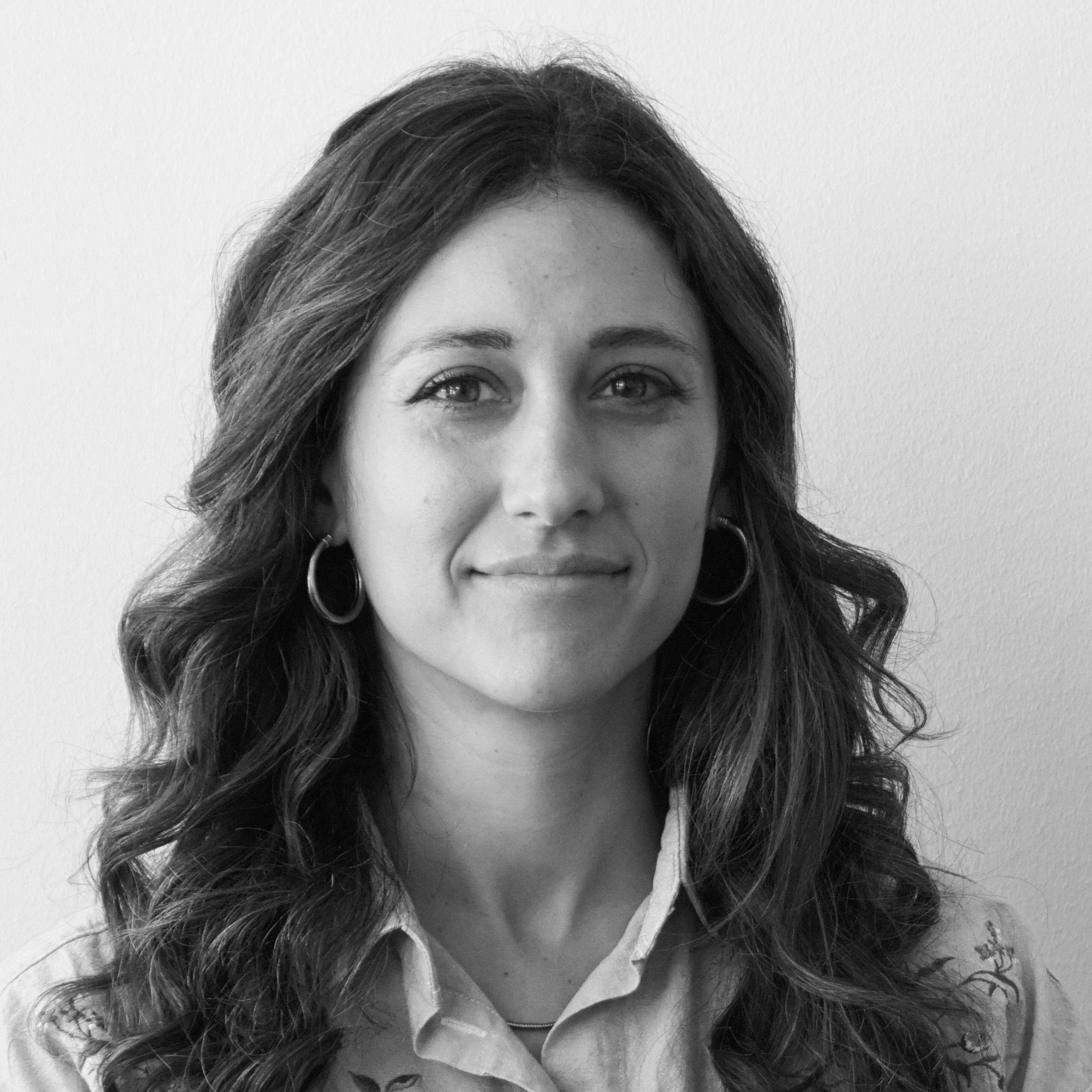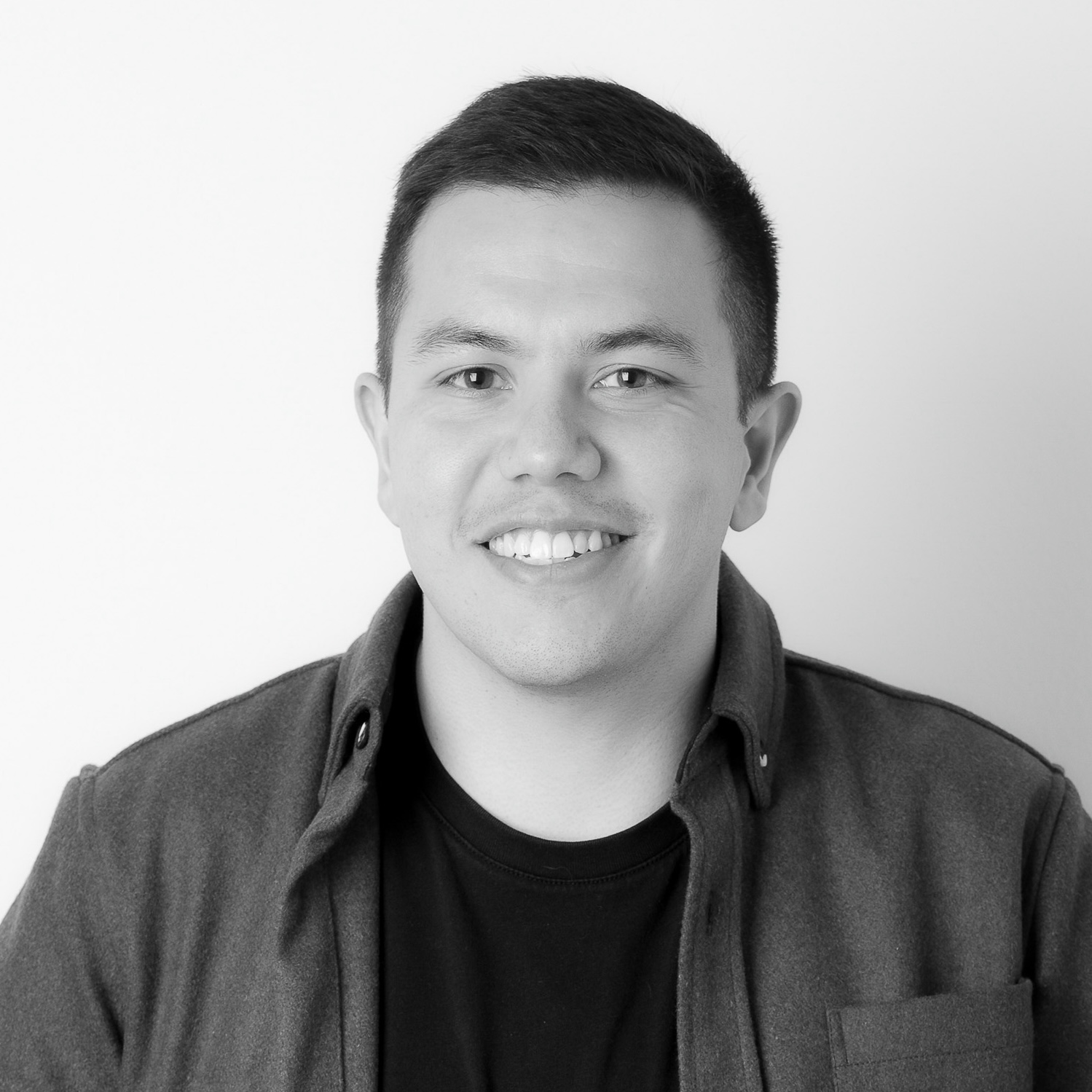- About Us
- Events & Training
- Professional Development
- Sponsorship
- Get Involved
- Resources
Designing Park Level of Service Standards for Equity, Ecology, and Community Value
Session 3A | Wednesday | 4:15 PM – 5:30 PM (PT)
Cities planning under the Growth Management Act are required to produce a Parks Element, which requires a Level of Service (LOS) metric to quantify parks and recreation needs. The lack of standardization for this metric is apparent in the wide variability between how cities calculate their LOS, with tools ranging from acreage-based, capital spending, and facilities-based metrics to name a few. This session examines common methods for calculating Parks LOS and analyzes how well each addresses equity, ecology, and community value. After reviewing case studies of Washington cities of various sizes, parks and facilities status, funding resources, and goals, we propose a more replicable and consistent approach to calculating LOS. We will discuss how this updated tool can be utilized to better encompass goals set forth in parks planning and allow cities to best leverage available funds to use towards Capital Facilities Projects.
None.
 Hope Freije Hope FreijeFramework Cultural Placemaking
Hope Freije is a planner and designer at Framework Cultural Placemaking. She brings a background in Landscape Architecture to park planning projects and has worked with cities throughout Washington to write plans that propel them toward their unique vision. Hope is an advocate for public space as a vital ingredient for the formation and longevity of community networks, and works to help cities translate their goals of equity and ecology into actionable goals and policies.  Matt Campbell Matt Campbell
Planner and Urban Designer, Framework Cultural Placemaking
Matt is a planner and urban designer with a background in public service and analytics. His graduate work focused on accessible housing projects and the democratization of planning and design knowledge, which together inform his approach to community-first policy development. Matt is committed to advancing equity and community autonomy through advances in land use and housing policy, sustainable planning, and inclusivity in urban spaces.
|

